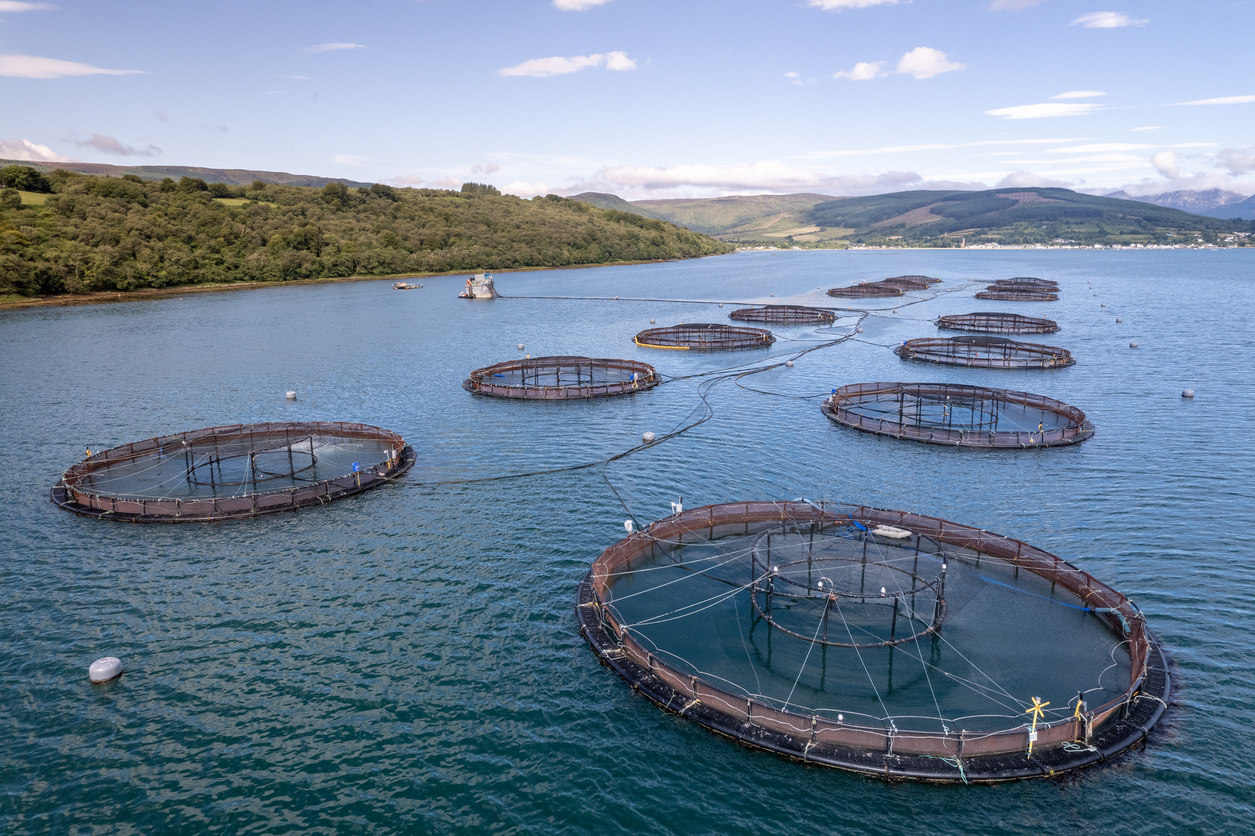The Benefits of Fish Farming in Nigeria
The Benefits of Fish Farming in Nigeria
Fish farming, or aquaculture, is a rapidly growing sector in Nigeria that offers numerous benefits to the economy and society. Here are some of the key advantages of fish farming in Nigeria:
1. Economic Growth
Overview: Fish farming significantly contributes to Nigeria’s economy by providing income and employment opportunities.
Benefits:
- Job Creation: Provides employment for thousands of Nigerians, from fish farmers to those involved in the supply chain.
- Income Generation: Fish farming is a lucrative business, offering substantial returns on investment for small and large-scale farmers.
- Export Potential: Enhances foreign exchange earnings through the export of fish products to other countries.
Sources:
2. Food Security
Overview: Fish farming helps address food security issues by providing a reliable source of protein and essential nutrients.
Benefits:
- High Protein Source: Fish is a vital source of high-quality protein, essential for the nutritional needs of the population.
- Availability: Ensures a steady supply of fish, reducing dependency on wild fish stocks and imports.
- Affordable Nutrition: Makes fish more accessible and affordable to the local population, enhancing dietary diversity.
Sources:
3. Environmental Sustainability
Overview: Sustainable fish farming practices can reduce environmental impact and promote the conservation of aquatic ecosystems.
Benefits:
- Reduced Pressure on Wild Fisheries: Helps conserve wild fish populations by providing an alternative source of fish.
- Efficient Resource Use: Modern fish farming techniques optimize the use of water and feed resources, minimizing waste.
- Environmental Protection: Encourages environmentally friendly practices, such as integrated fish farming and the use of natural feeds.
Sources:
4. Rural Development
Overview: Fish farming contributes to the development of rural areas by providing opportunities for income and improving livelihoods.
Benefits:
- Empowering Women and Youth: Involves marginalized groups in productive activities, enhancing their economic status.
- Infrastructure Development: Promotes the development of rural infrastructure, such as roads, markets, and storage facilities.
- Community Development: Strengthens community ties through cooperative farming and shared resources.
Sources:
- Food and Agriculture Organization (FAO)
- Nigerian Institute for Oceanography and Marine Research (NIOMR)
5. Technological Advancement
Overview: The adoption of modern fish farming technologies enhances productivity and efficiency.
Benefits:
- Innovative Practices: Encourages the use of advanced techniques like recirculating aquaculture systems (RAS) and biofloc technology.
- Training and Capacity Building: Provides training opportunities for farmers, enhancing their skills and knowledge.
- Research and Development: Fosters partnerships between research institutions and farmers to develop and implement new technologies.
Sources:
- Nigerian Institute for Oceanography and Marine Research (NIOMR)
- Agricultural Research Council of Nigeria (ARCN)
Conclusion
Fish farming in Nigeria offers numerous benefits, including economic growth, food security, environmental sustainability, rural development, and technological advancement. By investing in fish farming, Nigeria can enhance its agricultural sector, improve nutrition, and create sustainable livelihoods for its population.
For more information and resources on fish farming, visit our sister site Wigmore Wholesale.








LEAVE A COMMENT
You must be logged in to post a comment.